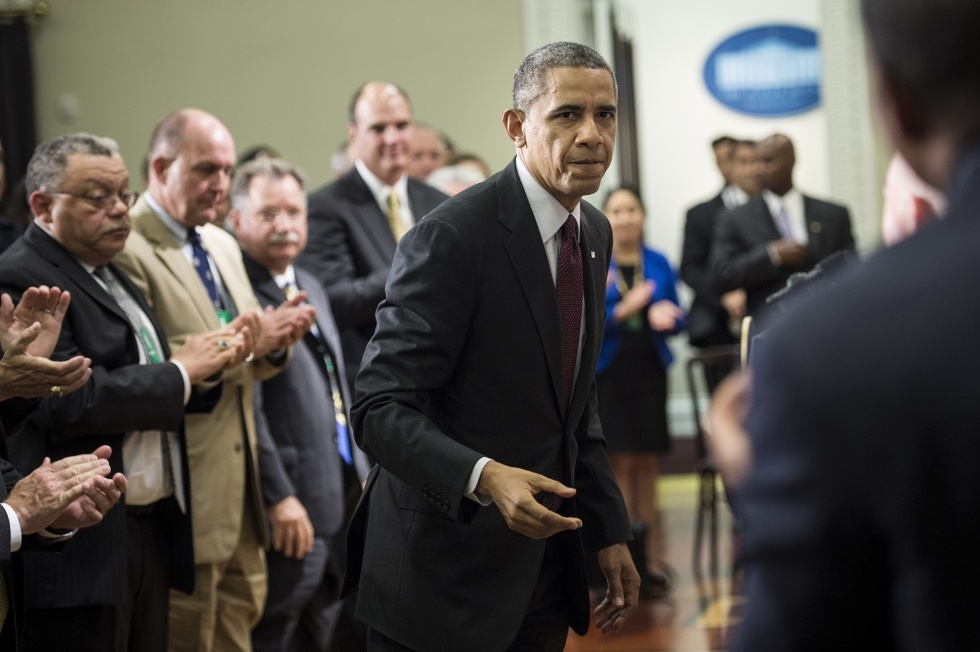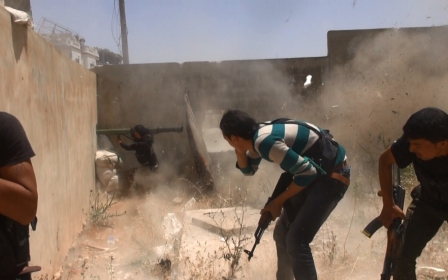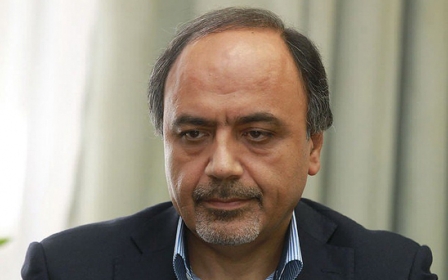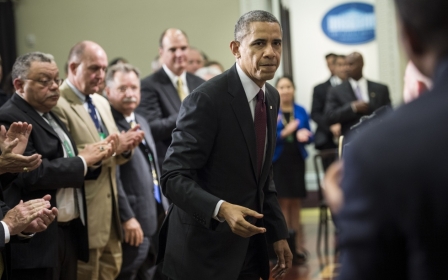Obama calls for shift in US counter-terror strategy

US President Barack Obama is to ask Congress for $5bn in additional counter-terrorism funding, Obama said in a major foreign policy speech held at West Point military academy in New York.
Obama stressed that the money was crucial in helping America deal with the primary threat of terrorism at home and abroad.
If approved, the $5bn is expected to go toward a new Counter-Terrorism Partnerships Fund (CTPF), which will include funding for training and facilitating security services in partner countries such as Yemen where they are “on the offensive against al-Qaeda,” Obama explained.
The US believes that “a strategy that involves invading every country that harbours terrorist networks is naïve and unsustainable,” Obama said.
“I believe we must shift our counter-terrorism strategy - drawing on the successes and shortcomings of our experience in Iraq and Afghanistan - to more effectively partner with countries where terrorist networks seek a foothold.”
This came on the back of Obama’s announcement yesterday that the US would keep nearly 10,000 US troops in Afghanistan for this year, but would then aim to withdraw them by the end of 2016.
Syria and Egypt
Obama confirmed that he believed the right decision had been made in terms of not putting US troops on the ground in Syria. He said he would “work with Congress to ramp up support for those in the Syrian opposition who offer the best alternative to terrorists and a brutal dictator.”
Some resources will be earmarked for supporting Syria’s neighbours: Jordan, Lebanon, Turkey and Iraq “as they host refugees, and confront terrorists working across Syrian borders.”
“As the Syrian civil war spills across borders, the capacity of battle-hardened groups to come after us increases,” Obama added.
The Obama administration has traditionally shied away from supplying the Syrian opposition with weapons, fearing that they could fall into the hands of factions opposed to the US, although the White House seems to have relaxed its stance in recent months.
Earlier this week, reports emerged in The Wall Street Journal that Obama was ready to sign off on training missions for selected rebel groups, to counter the rising power of al-Qaeda-linked extremists.
Obama also spoke about long-time US ally Egypt, which is a key recipient of US military aid, and has been hit by waves of turbulence in recent years following the 2011 revolution against former strongman Hosni Mubarak.
The relationship between the two countries is “anchored in security interests – from the peace treaty with Israel, to shared efforts against violent extremism” Obama said, while stressing that the US was not ready to end cooperation with the new Egyptian government.
However, the US “will persistently press for the reforms that the Egyptian people have demanded,” Obama added in reference to recent concerns over widespread human rights violations and a crackdown on political opposition groups.
Obama also stressed that the US would continue to play a major part in world affairs.
“In the 21st century, American isolationism is not an option,” he said. “The United States will use military force, unilaterally if necessary, when our core interests demand it - when our people are threatened; when our livelihood is at stake; or when the security of our allies is in danger.”
Middle East Eye propose une couverture et une analyse indépendantes et incomparables du Moyen-Orient, de l’Afrique du Nord et d’autres régions du monde. Pour en savoir plus sur la reprise de ce contenu et les frais qui s’appliquent, veuillez remplir ce formulaire [en anglais]. Pour en savoir plus sur MEE, cliquez ici [en anglais].




